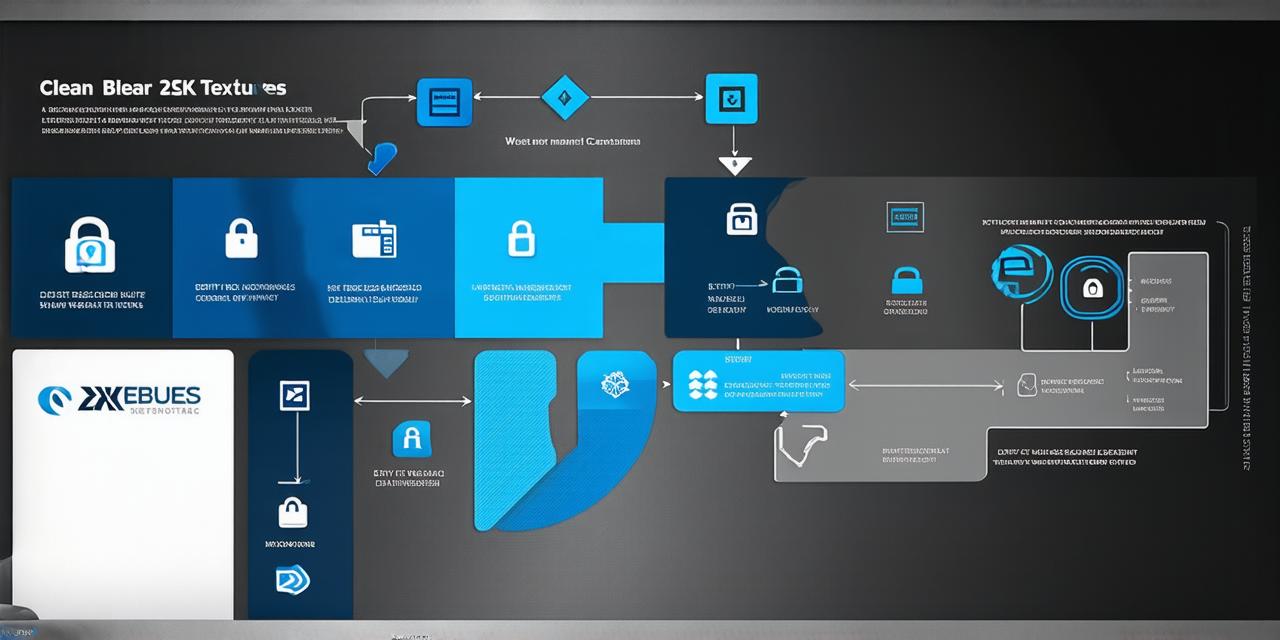
Why is web development an engaging field to explore?
In the digital age, web development stands as a captivating field that offers endless opportunities for creativity and innovation.
The Artistry of Coding
Web development is not just about writing lines of code; it’s a form of digital artistry. Each website or application is a unique piece, much like a painting or a sculpture, with its own aesthetic appeal and functional purpose. As a web developer, you get to shape the digital landscape, making it more beautiful, user-friendly, and efficient.
The Thrill of Problem-Solving
Problem-solving is at the heart of web development. Each project presents a new challenge, pushing developers to think critically, innovate, and find solutions that cater to the unique needs of clients or users. This constant intellectual stimulation keeps the work engaging and rewarding.
The Power of Impact
Web development allows you to make a tangible impact on people’s lives. Whether it’s creating an e-commerce platform that helps small businesses thrive, developing a healthcare app that improves patient care, or designing a website for a non-profit organization, your work can truly change the world.
The Rewards of Learning and Growth
Web development is a field that never stops evolving. From learning new programming languages to mastering cutting-edge technologies, there’s always something new to learn. This constant learning and growth not only keeps the work exciting but also ensures you remain relevant in an ever-changing digital landscape.
The Community of Support
Lastly, the web development community is a vibrant and supportive one. From online forums to meetups and conferences, there are countless opportunities to connect with like-minded individuals, share knowledge, and learn from each other’s experiences. This sense of camaraderie makes the journey in web development not just engaging but also fulfilling.
FAQs
1. What skills do I need to start web development? Basic programming skills, understanding of HTML/CSS, and familiarity with a programming language like JavaScript or Python are good starting points.

2. Is web development a lucrative career? Yes, web development can be highly profitable, with many developers earning six-figure salaries.
3. How long does it take to become proficient in web development? The learning curve varies for everyone, but with consistent practice and dedication, you can become proficient within a year or two.
In conclusion, web development offers an engaging and rewarding career path for those who seek intellectual stimulation, creative freedom, and the opportunity to make a tangible impact on the world.

















